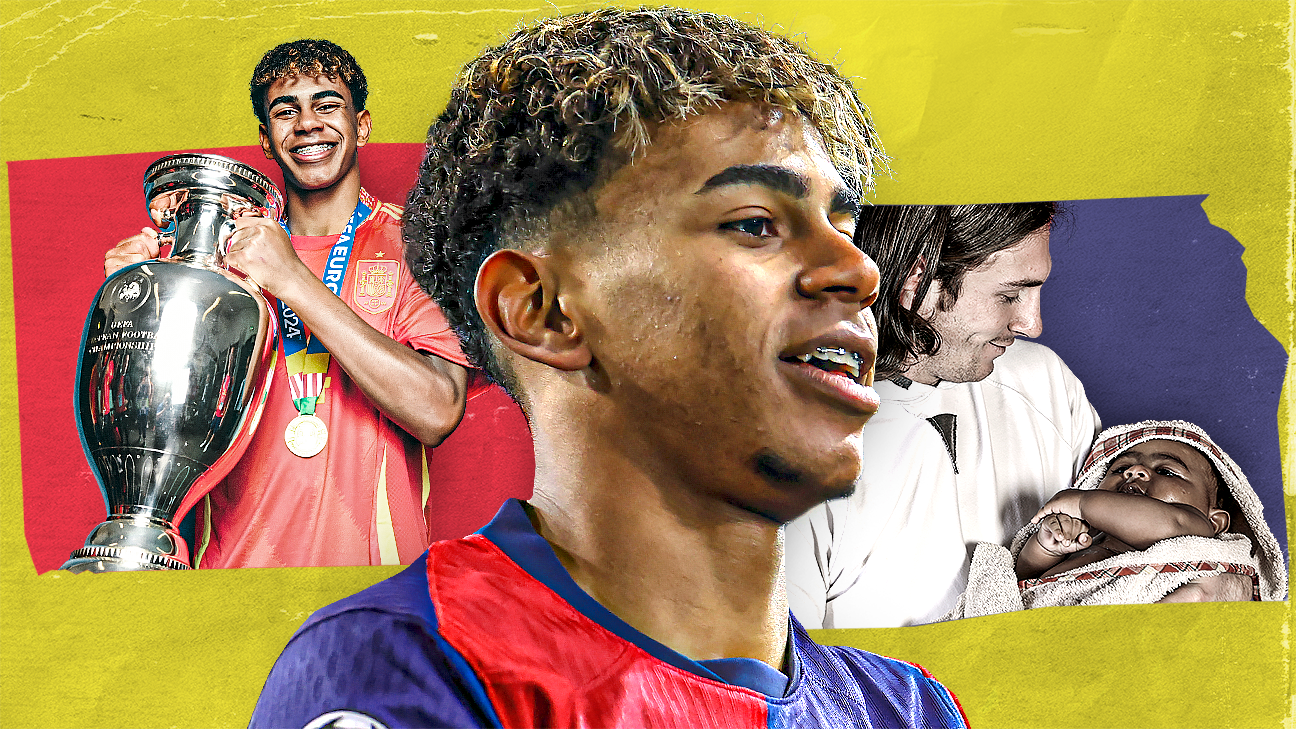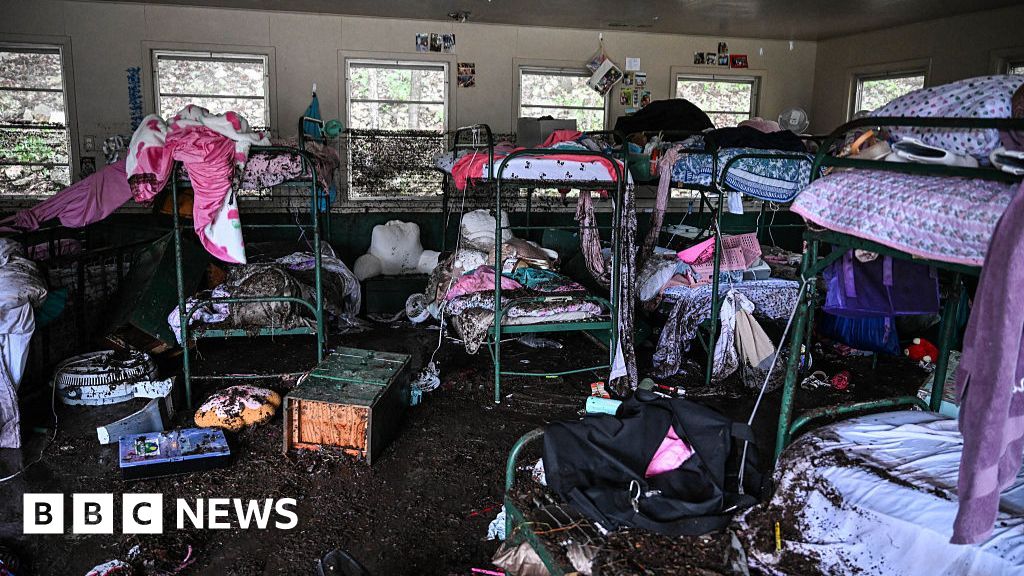
Beth LindopJul 10, 2025, 10:50 PM
- Based in Liverpool, Beth Lindop is ESPN's Liverpool correspondent and also covers the WSL and UWCL.
BERN, Switzerland -- There were still 12 hours to go until Switzerland kicked off their decisive Women's Euro 2025 clash against Finland but already the platform at Zurich's Hauptbahnhof station was packed with supporters preparing to make the 150-mile journey to Geneva.
By the time the two-storey train reached Renens, a small city just outside Lausanne, it was standing room only, with nearly every seat taken up by someone wearing a red shirt with a white cross embossed on the chest.
As fans spilled out of the station onto Geneva's sun-soaked Place de Cornavin, they were greeted by a giant billboard featuring several of the Swiss players, alongside the phrase: "Donner une chance de reves" ("Give dreams a chance").
In securing a 1-1 draw with Finland to reach the knockout stages on Thursday night, those same players helped to deliver a dream that not so long ago felt inconceivable. It is a landmark moment in Switzerland's sporting history; the first time La Nati have progressed beyond the group stage at this tournament and the first time women's football has truly captured this country's collective imagination.
Despite playing their first match in 1972, Switzerland did not compete at a major tournament until 2015. The country's domestic league, the AXA Women's Super League. is still not fully professional, with an average of just 489 fans attending each game last season.
By contrast, the average attendance in the English Women's Super League (WSL) last term was 6,662, with trailblazers Arsenal attracting more than 35,000 supporters to Emirates Stadium on five separate occasions.
The WSL is now the benchmark for the rest of Europe, having exploded into the mainstream following England's triumph at the last Euros, which they hosted in 2022. While the chances of Switzerland going all the way at this summer's tournament are slim, their stint as hosts -- coupled with their progression to the quarterfinals -- could signal a turning point in the way women's football is viewed across the nation.
"I have a lot of hope," Swiss captain Lia Wälti, who plays her domestic football for Arsenal in the WSL, told UEFA.com this week. "I think we've come far in Switzerland in the last couple of years, especially now with hosting the tournament, but we still have a long way to go."
Indeed, even on Thursday night, it was clear Switzerland still have work to do before they can truly be considered one of European football's elite forces. Though anchored by the quiet brilliance of Walti in midfield, there is a distinct lack of star-quality and dynamism about Pia Sundhage's side.
They started well against Finland, with Barcelona's teenage sensation Sydney Schertenleib forcing an early save from Anna Koivunen and Géraldine Reuteler bending one effort narrowly wide of the post.
But, needing a goal to progress to the knockout stages, Finland grew into the game, turning it into a tense, scrappy affair before delivering what looked to be a knockout blow late in the second-half; Natalia Kuikka converting a penalty to put them ahead following a clumsy challenge from Viola Calligaris.
However, some things are just meant to be and, roared on by more than 26,000 of their passionate fans, Switzerland ensured they will continue to write this very special story, with substitute Riola Xhemaili scoring a precious leveller two minutes into stoppage time. The stadium erupted and, at the full-time whistle, the players took part in a lap of honour; further evidence of the growing synergy between Sundhage's squad and their adoring public.
Even when the hosts were on the brink of elimination, it was clear this was a night to cherish for the Swiss supporters. Earlier in the day, they had gathered in their thousands to march from Lancy-Pont-Rouge station, some fans chanting into megaphones and clanging cowbells as they made their unified procession toward the stadium.
Many of them will have been well aware of the significance of this moment, and of this summer. For anyone who needed a reminder of how far women's football has come in this country, they were provided with one at half time when the tournament mascot, Maddli, was paraded on the pitch.
Taking the shape of a Saint Bernard puppy, Maddli is named after Madeleine Boll, Switzerland's first licensed female footballer and a pioneer of the sport. Boll became a media sensation in 1965 when the Swiss Football Association, failing to realise she was female, handed her a license that allowed her to partake in a men's youth game ahead of a European Cup Winners' Cup match between FC Sion and Galatasaray.
Boll's involvement garnered international interest and shortly afterwards, her license was revoked. Today, women's football is a sport on the rise and it is estimated there are more than 30,000 young women playing in around 800 teams across Switzerland.
With this summer's tournament having so far been a roaring success, that number will surely only continue to grow.
 (1).png)
 16 hours ago
3
16 hours ago
3
















